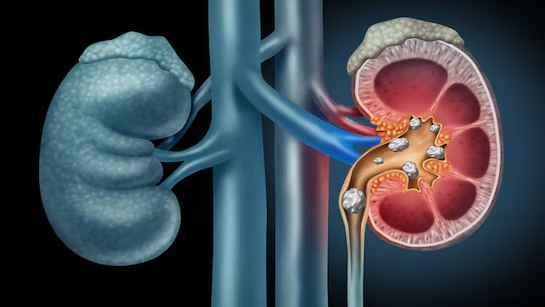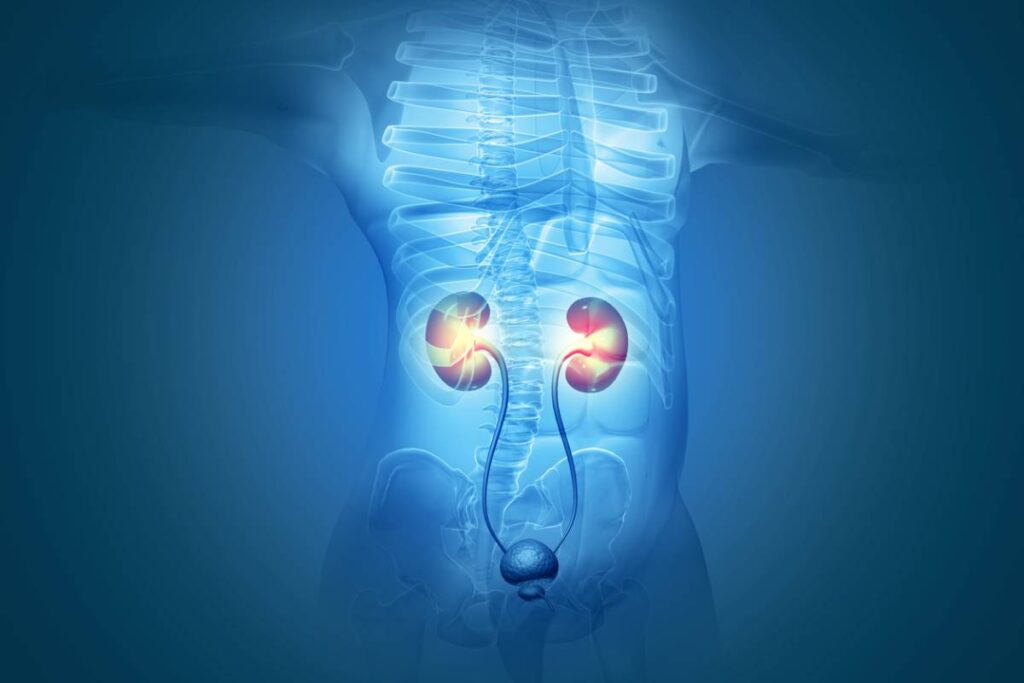
Excess Protein in Kidney (Proteinuria)
Proteinuria refers to the presence of excess protein in the urine. Normally, healthy kidneys filter waste products from the blood while retaining essential substances like proteins. When the kidneys are damaged or stressed, protein may leak into the urine—a sign that the kidneys are not functioning properly.
Proteinuria is not a disease itself but often an indicator of an underlying condition such as chronic kidney disease, diabetes, high blood pressure, or glomerulonephritis. Detecting it early is crucial to prevent progression to serious kidney damage.
Signs & Symptoms

In many cases, proteinuria does not cause obvious symptoms and is found during routine urine tests. However, when present, symptoms may include:
Foamy or frothy urine (due to excess protein)
Swelling in the hands, feet, abdomen, or face (edema)
Frequent urination, especially at night
Fatigue and weakness
Loss of appetite or nausea
Uncontrolled high blood pressure
Weight gain due to fluid retention
Diagnostic Procedures
Dr. Upal Sengupta follows a systematic approach to identify the cause and severity of proteinuria:
Urine Analysis: First-line test to detect protein levels in urine.
24-Hour Urine Collection: Measures the exact amount of protein excreted.
Urine Albumin-to-Creatinine Ratio (UACR): Sensitive test to detect early kidney damage.
Blood Tests (Creatinine, eGFR): To assess overall kidney function.
Imaging Studies (Ultrasound, CT, MRI): To check kidney structure and detect any abnormalities.
Kidney Biopsy: In select cases, to determine the exact cause of protein leakage.
Why Choose Dr. Upal Sengupta for Kidney Care?
Expert in Nephrology & Kidney Disorders: Extensive experience in diagnosing and treating proteinuria and its underlying causes.
Comprehensive Evaluation: Focuses on identifying root causes like diabetes, hypertension, or autoimmune conditions.
Personalized Treatment Plans: Includes lifestyle modifications, medications, and close monitoring to slow disease progression.
Advanced Diagnostic Tools: Uses state-of-the-art urine and blood tests, imaging, and biopsy when necessary.
Patient-Centered Care: Transparent communication, detailed counseling, and continuous support for long-term kidney health.